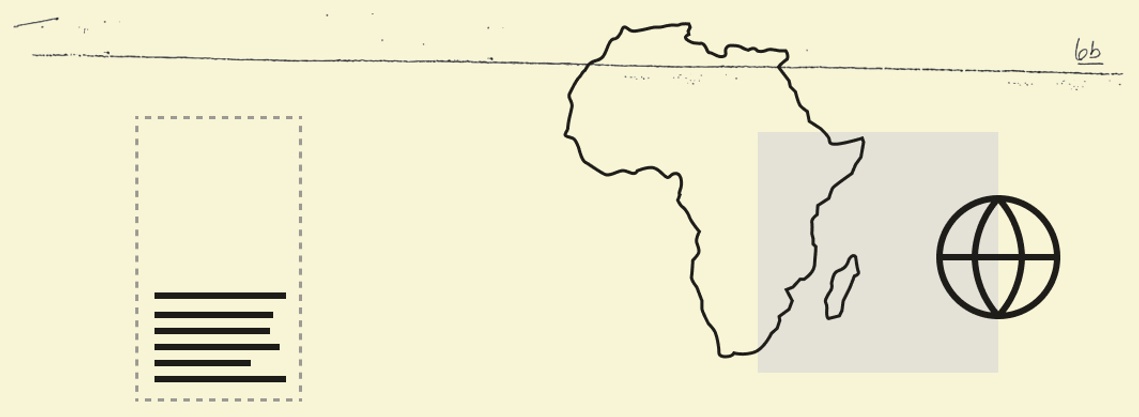 Governance Reuters/Alet Pretorius Reuters/Alet Pretorius🇿🇦 The uMkhonto we Sizwe party led by former South African president Jacob Zuma has asked the country’s highest court to block the newly elected parliament from sitting on Friday because it says the May 29 poll was marred by fraud. 🇷🇼 Rwandan opposition politician Diane Rwigara was barred from standing in next month’s presidential election by the electoral commission. Only two other candidates were cleared to run against President Paul Kagame. 🇳🇬 A Nigerian consumer tribunal fined the local unit of MultiChoice Group, Africa’s biggest pay-TV company, more than $107,000 and ordered the company to offer its subscribers one month of free service. 🇿🇲 A Zambian court in the capital Lusaka on Friday sentenced 22 Chinese nationals and a Cameroonian man after they pleaded guilty to cybercrime charges. Tech🇰🇪 The Central Bank of Kenya is preparing to issue new licenses to fintech companies after amending its Payments Act. 🇰🇪 🇪🇬 A proposed merger of African e-commerce startups Wasoko and MaxAB is being delayed by “restructuring and macroeconomic headwinds.” 🌍 Vodafone Group landed 2Africa, a 45,000-kilometer subsea internet cable, in the west of England to enable “faster and more reliable connectivity” between UK businesses and Africa. Geopolitics🇺🇸 🇰🇪 The US has proposed stricter rules on environmental protection and conserving natural resources in Kenya as part of the negotiation for a new trade deal between the two nations. The proposals suggest measures to address air quality, plastic pollution, and wildlife trafficking. Deals Aboubacar Khoraa/Wikimedia Commons Aboubacar Khoraa/Wikimedia Commons🇬🇳 Guinea signed a preliminary agreement with a subsidiary of Emirates Global Aluminum for the construction of an alumina refinery with a 2 million metric ton capacity, to be completed by September 2026. 🇷🇼 Rwanda’s lower house on Friday approved a law ratifying a 200 million euro ($215 million) loan agreement with JPMorgan Chase in London, to support the country’s financing for green and social projects. 🇳🇬 Drinks giant Diageo is selling its 58.02% stake in Guinness Nigeria to Tolaram Group in a deal worth around $70 million. 🇰🇪 The UK’s British International Investment development finance agency sold its 10.1% stake in I&M, a banking group in Kenya, Rwanda and Uganda, to pan-African asset manager AfricInvest. 🇹🇿 Tanzanian financial services company Selcom acquired Access Microfinance Bank. 🌍 Pan-African bank Ecobank appointed Papa Madiaw Ndiaye as its new chairman, replacing Alain Nkontchou. Mining🇨🇫 The Central African Republic suspended the operations of Chinese gold and diamond mining company Daqing, in a decree made public on Saturday. It also accused it of cooperating with armed militias. |